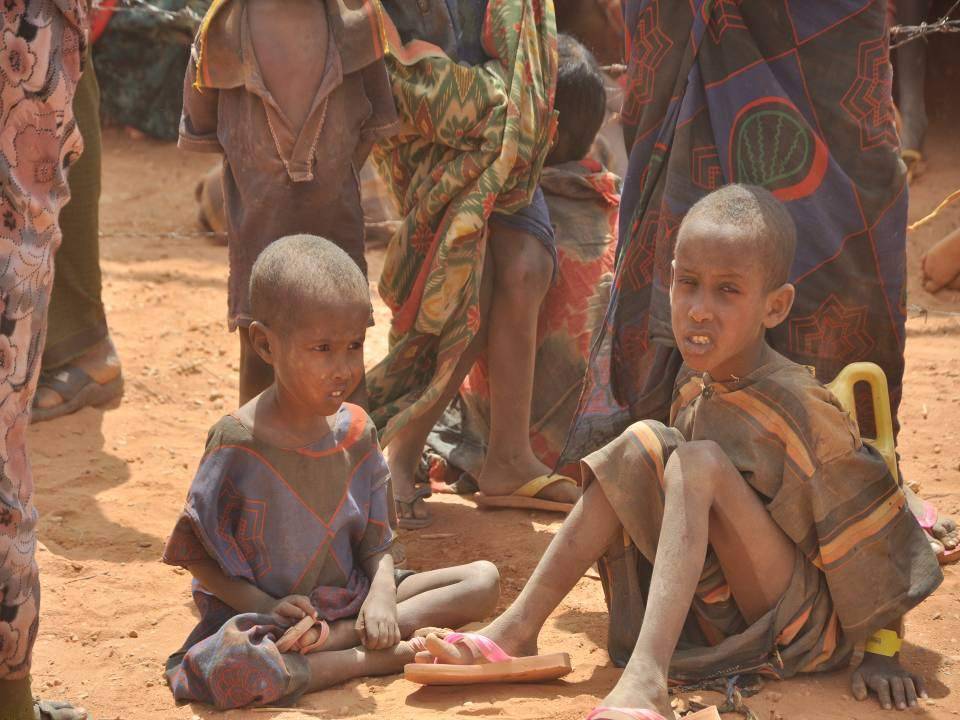The federal government has raised concerns over the high rate of sexual reproductive health and rights (SRHR) gap, especially amongst young girls in Nigeria as it has left many young girls vulnerable to various health risks.
This was the major highlight on Thursday in Abuja at a one-day National Policy Dialogue on Improving Adolescent Access to Sexual and Reproductive Health Services organised by the Nigeria Health Watch.
The Minister of Health and Social Welfare, Prof Mohammed Ali Pate, said the gap in reproductive health impacts manifests as disparities in Access to family planning information and services resulting to inequities in health outcomes.
The Minister who was represented by the Director of Family Health, Dr. Binyerem Ukraine, noted that these gaps are often due to barriers shaped by economic, sociocultural, religious and geographical factors. Finding and human resources challenges among others.
These disparities, he said, continue to hinder the health, well-being and economic potential of Nigerians.
“While recognizing that health is a fundamental human right, the ministry in partnership with her stakeholders has marshalled out policies, frameworks and guidelines to provide strategic direction in addressing inequities and access to SRH services in Nigeria by ensuring that every Nigerian whether in a bustling Urban area or rural areas regardless of income, education and status have access to family planning.
“Access in this context implies availability, affordability, acceptability and appropriateness of SRH services and information.”
Also speaking, the Managing Director of Nigeria Health Watch, Vivianne Ihekweazu, disclosed that young girls in the country ’s adolescent fertility rate remains alarmingly high at 117 births per 1,000 girls aged 15 to 19, while the modern contraceptive prevalence rate (mCPR) among sexually active, unmarried adolescent girls in the same age group is just 7.8%.
Ihekweazu maintained that the figures reflect a critical gap in access to quality family planning, comprehensive sexuality education, andyouth-friendly healthcare services, adding that many adolescents in Nigeria especially those in rural or marginalized communities continueto face significant barriers in accessing the information, services and care they need to make informed decisions about their health and future.
On her part, Knowledge Management Lead at Nigeria Health Watch, Anwuli Nwankwo emphasized the need for targeted interventions and inclusive policies to bridge the gap in access and information, especially for vulnerable populations.
READ MORE FROM: NIGERIAN TRIBUNE
Provided by SyndiGate Media Inc. (
Syndigate.info
).







